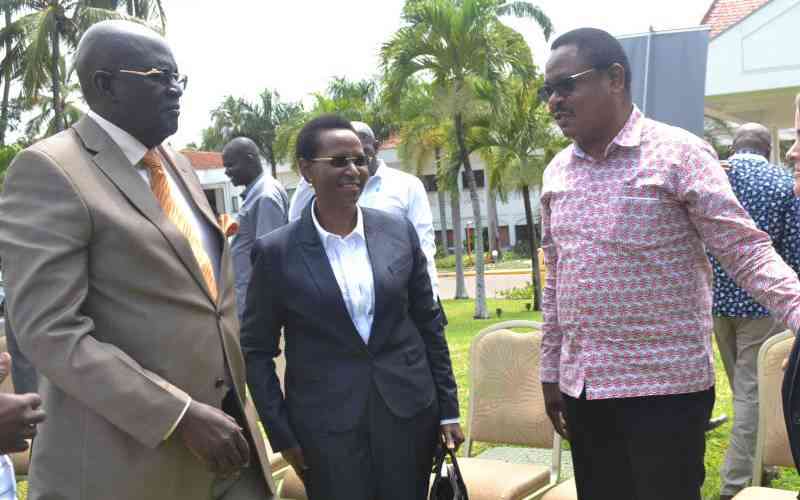×
The Standard e-Paper
Stay Informed, Even Offline

Kenya is implementing the Biological Weapons Convention (BWC) that prohibits development, production, acquisition, transfer, stockpiling, and use of biological and toxin weapons.
This emerged at the close of a two-day workshop in Mombasa where key government agencies tasked with the responsibility of protecting citizens against harmful organisms and bio-terrorism threats outlined measures already put in place.